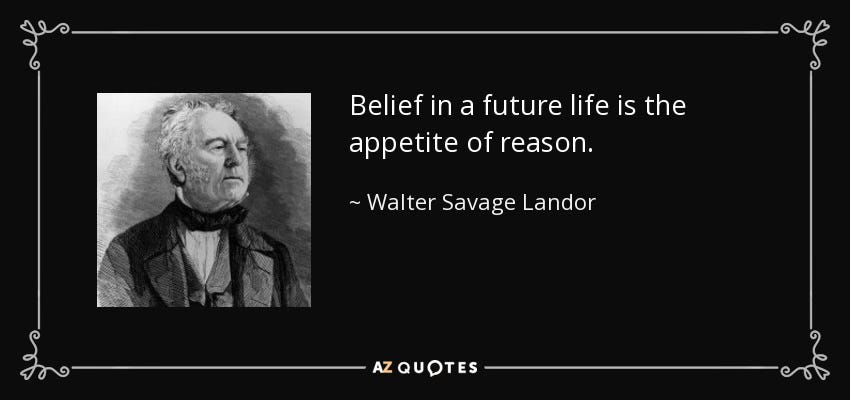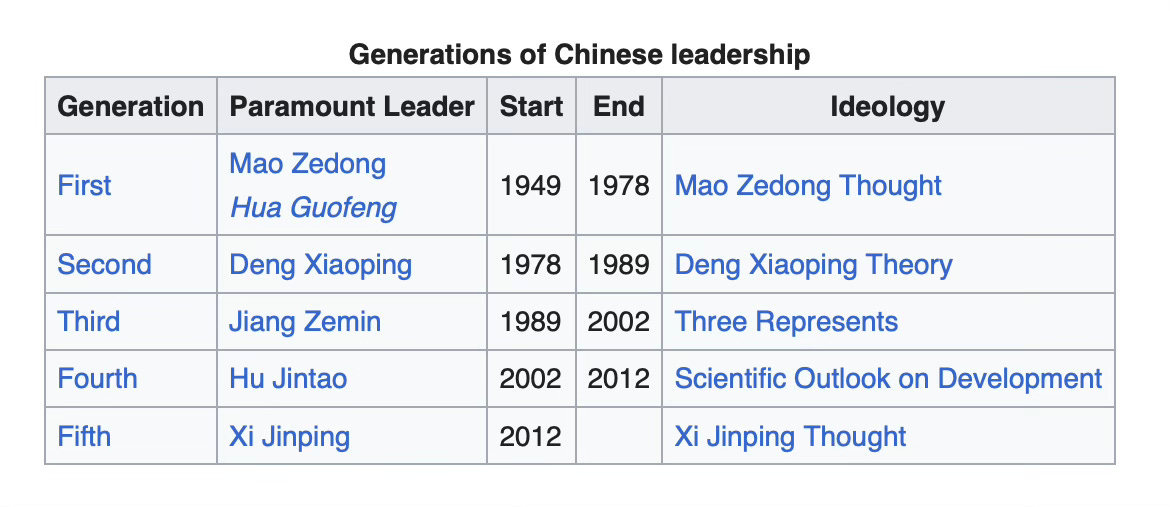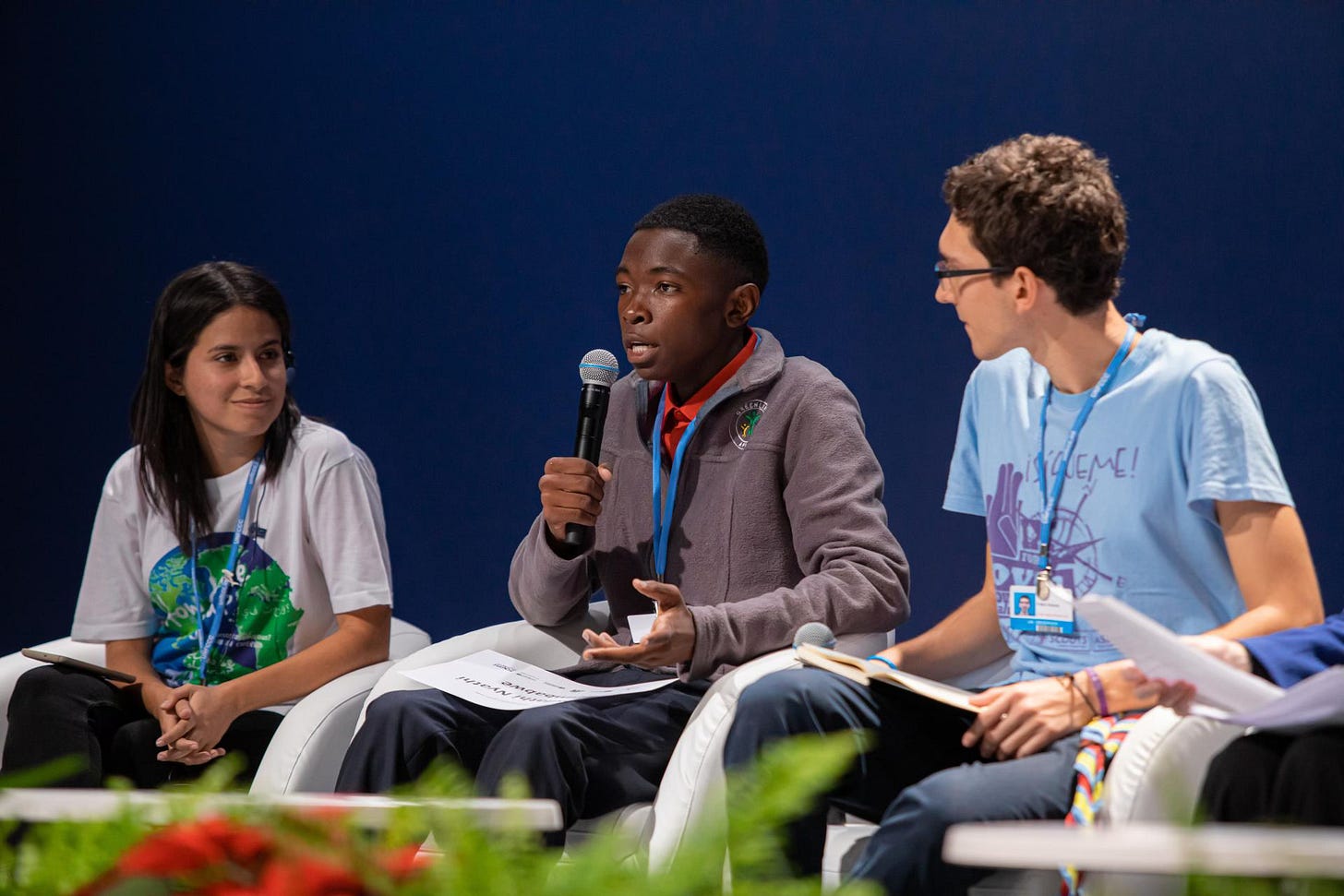NYT story about wealthy Chinese doing whatever it takes to move money abroad for safekeeping. It reminds me of a cluster of media stories over the past couple of years highlighting rich Americans splurging on second passports (“golden passports”) so they can sleep better at night — particularly when contemplating a Trumpian Restoration and the actual chaos that would unleash.
First the Chinese:
Affluent Chinese have moved hundreds of billions of dollars out of the country this year, seizing on the end of Covid precautions that had almost completely sealed China’s borders for nearly three years.
They are using their savings to buy overseas apartments, stocks and insurance policies. Able to fly again to Tokyo, London and New York, Chinese travelers have bought apartments in Japan and poured money into accounts in the United States or Europe that pay higher interest than in China, where rates are low and falling.
The outbound shift of money in part indicates unease inside China about the sputtering recovery after the pandemic as well as deeper problems, like an alarming slowdown in real estate, the main storehouse of wealth for families. For some people, it is also a reaction to fears about the direction of the economy under China’s leader, Xi Jinping, who has cracked down on business and strengthened the government’s hand in many aspects of society.
My favorite example? Buying small gold bars and hiding them in one’s luggage when leaving for abroad. That has such a fleeing-WWII-Europe vibe to it — as in, serious fear. The more standard route is buying nice real estate overseas, like the Russian oligarchs have done for many years now.
Is it an economically threatening shift? No. It’s a mere $50b in a $17t economy, but it’s not a good sign. Beijing’s leaders may consider it akin to rats leaving a sinking ship, but rats are pretty damn smart and are usually a reliable indicator.
What’s most distressing about the US variant (golden passports) is that it puts us in the same desperate class as the Russians and Chinese. From that story:
According to a recent wealth report by research firm Henley & Partners, 2022 saw more Americans than ever apply for a golden passport. The program had previously been dominated by the Chinese and the Russians, data shows, but a 447 percent jump in inquiries from 2019 has helped American nationals take the top spot.
Much like with the US, where fear of a possible return to Trumpian dynamics creates a sense of urgency regarding Plan B options, I track this Chinese unease to a single decision by Xi Jinping: the ending of presidential term limits back in 2018. [I mean, you have to admit, thinking of Trump’s return elicits the fear of his refusing to ever leave, yes?]
To me, that was the ultimate “tell” that the CCP’s senior leadership had lost faith in their own ability to ensure the continuation of rising standards of living — to wit, Xi’s recent admonition to young people to learn how to “eat bitterness.”
In America’s New Map, I described the conundrum as follows:
What China produces in the future is less important and influential than what China consumes. The country’s authoritarian leadership knows that they are caught in a political trap of their own making. The Communist Party, comfortable in its authority, nonetheless fears for the legitimacy of its rule. That legitimacy is increasingly based on the continued increase of China’s standard of living (expanding consumption); to continue that advance, Beijing must build and secure global networks to ensure its access to resources, markets, and investment opportunities. In sum, because China’s demand function is so vast, Beijing has little choice but to fully embrace globalization and even aspire to become its preeminent security guarantor—domestic-consumer power demanding more international power. Xi Jinping is quite open about this link- age, proposing, in the 2022 Communist Party Congress report, his new “comprehensive national security concept” and linking it to Beijing’s “global security initiative.” That is how a world power speaks today.
But also remember this: Beijing’s leadership fears its own citizens more than us. Chinese history is full of “bad emperors” succumbing to palace coups, internal rebellions, and civil wars. Global security ensures national security, which in turn secures Party rule—a one-way street.
Xi’s sense of having to secure the world to secure China’s economy to secure its restive middle class to secure Party rule creates the natural instinct for the unfettered continuation of his personal rule. In Xi’s view, there is simply too much at risk and China will never again have this opportunity to lock-in the future. I get that, even as I disagree with the instinct.
China had a great deal going there with its “generations of leadership” approach to governance. It said that every generation of rulers had a time limit of one decade to get their stuff done and then it was time to pass along that burden and ambition to the next demographic tier.
To recall the generations, they unfolded like this:
[I am quite partial to Jiang Zemin’s period, because, as an adopted child himself (by an uncle), he provided political top-cover for the state program by which foreigners could adopt (for the most part) China’s “lost daughters” (those given up in the quest for sons amidst a one-child policy limitation).]
The key benefit of the generations approach was to signal to the public that, no matter how they felt about any one generation, there was always the hope that the next one would be better, correcting the mistakes of the previous one and instilling new ambitions and reforms generally. The turnover also ensured that no one rotted in place, as ALWAYS happens with leaders who stay too long.
Not a perfect system but a very Chinese one and quite successful, in my opinion, in gently tamping down the natural inclinations of China’s growing middle class to rule itself — commensurate with that cohort’s accumulation of skills, experience, wealth, and so on.
Xi killed that political “golden goose” in 2018, and since then, both the rich and the middle class of China have grown increasingly nervous about his clearly power-consolidating rule. Worse now, there is no end in sight, no timeline, no deadline, no nothing to place one’s hopes in.
Thus, those who can ship their resulting fears abroad do so however they can. They move assets. They buy foreign properties. They sneak into the US to have babies who are granted US citizenship. They send their kids abroad to study. They hedge, hedge, and then hedge some more.
What they stop doing is believing in the future.
Too many Americans today disbelieve our country’s future, nor that of this world so much of our creating. Both were things long taken for granted and now almost completely destroyed by the worst political leadership generation that America has ever suffered — the godawful Boomers. And with their succeeding Gen Xers evincing all the same binary instincts (Our party’s rule or complete chaos!), there is precious little for young people or America’s fear-filled middle to place their faith in. Instead we run around looking for places to park our fears.
The fact that we Americans are witnessing the same instincts throughout China is not a comforting thought, because that just means that the world’s two biggest pillars of stability are reaching the same desperate, fear-filled conclusions about politics being the problem instead of the solution.
China already has its “red Caesar” and America toys with the possible return of its own in Trump. This is the opposite of faith in the future.
Not to simplify too much, but this is what happens when we no longer have positive stories to tell about our world and its future. Fear fills in those mental spaces, and that attracts the low-lifes currently dominating our political elites. There are plenty of good folks on both sides trying to fight this rising tide, but right now they are mostly playing from behind.
This is why sharing positive stories about the future is important, as I wrote in ANM’s preface:
Russia and China aggressively market their competing rulesets, exploiting vulnerable trade partners who distrust and dislike them. Yet both regimes, as internally brittle as they are, currently outpace America’s half-hearted attempts at global leadership. How is this so? It is because the stories we now tell of globalization do not envision a happy ending, much less a way ahead. No surprise there: when creators abandon their creation, monsters abound.
My task here is to propose that happy ending, one avowedly cast from an American perspective. Your task, as reader, is to maintain an open mind as to its feasibility and desirability. If, as our politicians love to proclaim, America’s best days lie ahead, then we citizens cannot merely await that future but must craft its story lines—both foreign and domestic. Given our truly revolutionary achievements, we must not allow our currently flat trajectory to determine the upper bounds of our ingenuity and ambition, both of which the world desperately needs now.
When one faces this sort of situation — as a strategic thinker, the natural instinct is to turn toward the young, identify their strongest motivating fear, and then enlist them on that point. In America’s New Map, I sought to forge that connection via climate change — the inescapable future that younger generations face. You’ve seen all the recent stories out there about young vision-types trying to forge positive storylines about climate change’s unfolding. That admittedly fear-triggered effort is worth supporting, no matter how lonely that path may strike us collectively at this time.
That goal, I dare say, is what gets me up in the morning and it’s definitely a huge motivator for this Substack.





